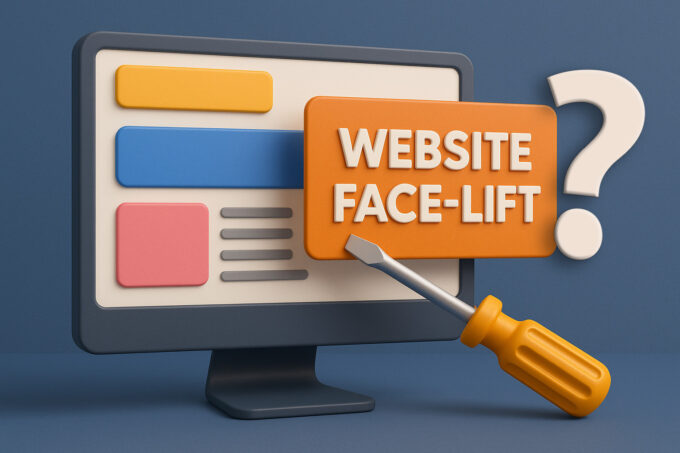In today’s interconnected world, businesses are increasingly expanding their reach beyond borders. As a result, having a strong online presence has become crucial for success. One aspect that cannot be overlooked in this digital era is the need for a multilingual website. In this article, we will explore the reasons why a multilingual website is essential for businesses and organizations and how it can significantly impact their growth and recognition globally.
Reach a Wider Audience
A multilingual website allows you to effectively communicate with a global audience. By providing content in multiple languages, you break down language barriers and cater to the needs of diverse customers. This accessibility fosters inclusivity and opens up opportunities to engage with potential customers who may not be proficient in your native language. By accommodating different languages, you can tap into new markets and expand your customer base.
Enhance User Experience
A user-friendly website is a key factor in attracting and retaining visitors. When your website is available in their preferred language, users feel more comfortable and engaged. By providing content in their native language, you eliminate the need for translation tools or services, which can be cumbersome and may not always capture the intended meaning accurately. A seamless user experience builds trust and credibility, encouraging visitors to explore your website further and potentially convert into loyal customers.
Boost SEO and Online Visibility
A multilingual website can significantly enhance your search engine optimization (SEO) efforts. Search engines strive to provide the most relevant search results to users, including those based on language preferences. By offering content in multiple languages, search engines recognize the relevance of your website to specific language-based queries, thereby increasing your online visibility. This improves your chances of appearing in search results and attracting organic traffic from different language-speaking regions.
Gain Competitive Advantage
In a highly competitive business landscape, staying ahead of the curve is essential. A multilingual website gives you a competitive edge by positioning your brand as globally oriented and culturally sensitive. By catering to diverse audiences, you demonstrate your commitment to providing personalized experiences. This can differentiate you from competitors who have yet to embrace a multilingual approach, helping you establish stronger connections with potential customers and gain a distinct market advantage.
Foster Trust and Credibility
Language plays a vital role in building trust and credibility. When customers can access information in their own language, they perceive your business as more authentic and reliable. It shows that you value their needs and are willing to go the extra mile to communicate effectively. Trust is a crucial element in the decision-making process, and a multilingual website demonstrates your dedication to understanding and meeting customer expectations.
Let’s Sum it up
In an increasingly interconnected world, a multilingual website has become a necessity for businesses seeking growth and success. By reaching a wider audience, enhancing user experience, boosting SEO, gaining a competitive advantage, and fostering trust and credibility, you position your brand for global relevance. As businesses continue to expand across borders, investing in a multilingual website is a strategic move that can propel your growth and open new horizons for your business.
Embrace the power of languages and unlock the full potential of your online presence. Make your website a gateway to a world of possibilities.



